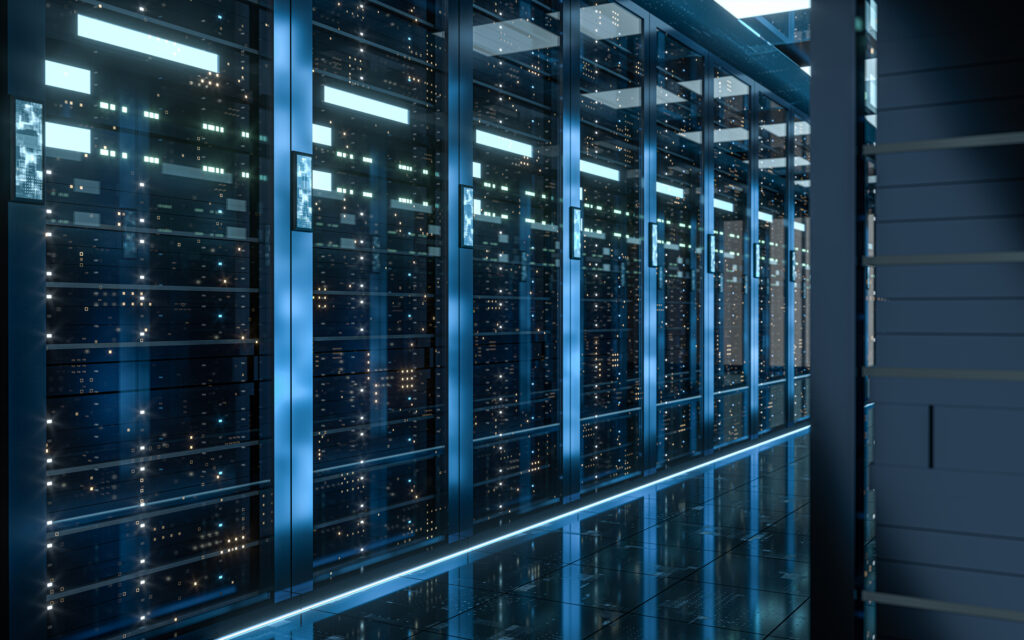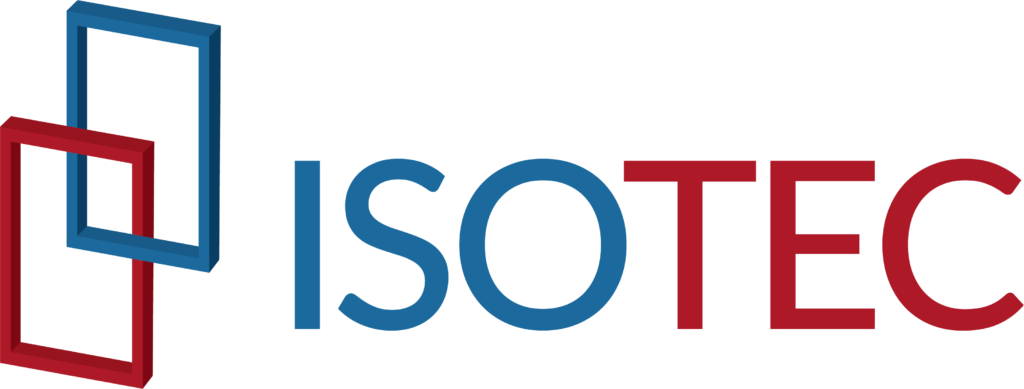Technology has advanced a lot in the past 20 years. Most of us now carry a camera, calculator, flashlight, compass, alarm clock, calendar, radio, phone, all our favorite music, movies, and more around with us every day in our pockets when it would have taken a suitcase to contain it all at the turn of the century. Despite this big jump in technology, computers still pale in comparison to the human brain. Kind of.

Since the birth of the computer, people have always been curious about just how powerful it is and how that power stacks up to that of the human brain. In the beginning, the human brain was the obvious answer, but as technology quickly progressed, computers rapidly closed the gaps. It seems like computers may have caught up to the brain, but this is far from the truth. The mere idea that computers could even be close to the power of the human brain should be insulting to your brain because it has more power than the most powerful supercomputers in existence today. The most powerful supercomputer in the world is currently the Tianhe-2, located in Guangzhou, China. It has a maximum processing speed of 54.902 petaFLOPS, petaFLOPS being one thousand trillion, calculations per second, but it’s not even close to the estimated processing power of the human brain. It’s estimated that the human brain operates at a billion calculations per second. In fact, one study found that it took a supercomputer 40 minutes to complete the tasks the brain can complete in one minute. In short, the human brain is better than any supercomputer in certain regards because of the mass of tasks it can complete and how they are done simultaneously.
Although the human brain has much better processing power than any of today’s supercomputers, it is a flawed system. The amount of concurrent stimuli it receives makes the system imperfect. The human brain can certainly process all the information we take in but at a cost – it’s hard for us to differentiate between the trivial and important information, and all this processing makes us tired. It doesn’t help that we’re bombarded with advertisements daily and the various social media platforms we use are constantly spamming our phones with notifications and updates. These things are competing for space with other, vastly more important issues like family, what you need to do at work, whether or not you set your security alarm before you left your home, etc. While the brain can process this all, it doesn’t have the resources to manage, remember, and catalog it all.
With this in mind, when you’re dealing with something as important as the safety and security of your property, employees, money, sensitive information, and more would you rather have a system like a security guard’s mind that’s easy to trick because of how overwhelmed it is with unrelated information or a completely automated one that is hard to deceive and is only focused on the task at hand? While an in-person security guard may offer guests a bit more comfort simply because they can see someone is there, the benefits of a comprehensive, fully automated security system far outweigh this. Because of the vast amount of information, a security guard will have processed prior to their job and while on the job it can be easy for them to get distracted, miss potential threats, or focus on things that aren’t a threat at all. Add to this the fact that there’s always potential for bias and fully automated, comprehensive security solutions are clearly the better option. This form of security is much harder to trick than the human mind and won’t get distracted by unrelated information.
Isotec’s access control solutions will help create and maintain a secure environment so you can rest assured all that you care about is as safe as can be. Each entrance interface system created by us is specially designed to fit your security needs in accordance with your facility and business’s specifications.

Contact us today to schedule a physical security risk assessment and let us give you the tools to beat the true supercomputer!